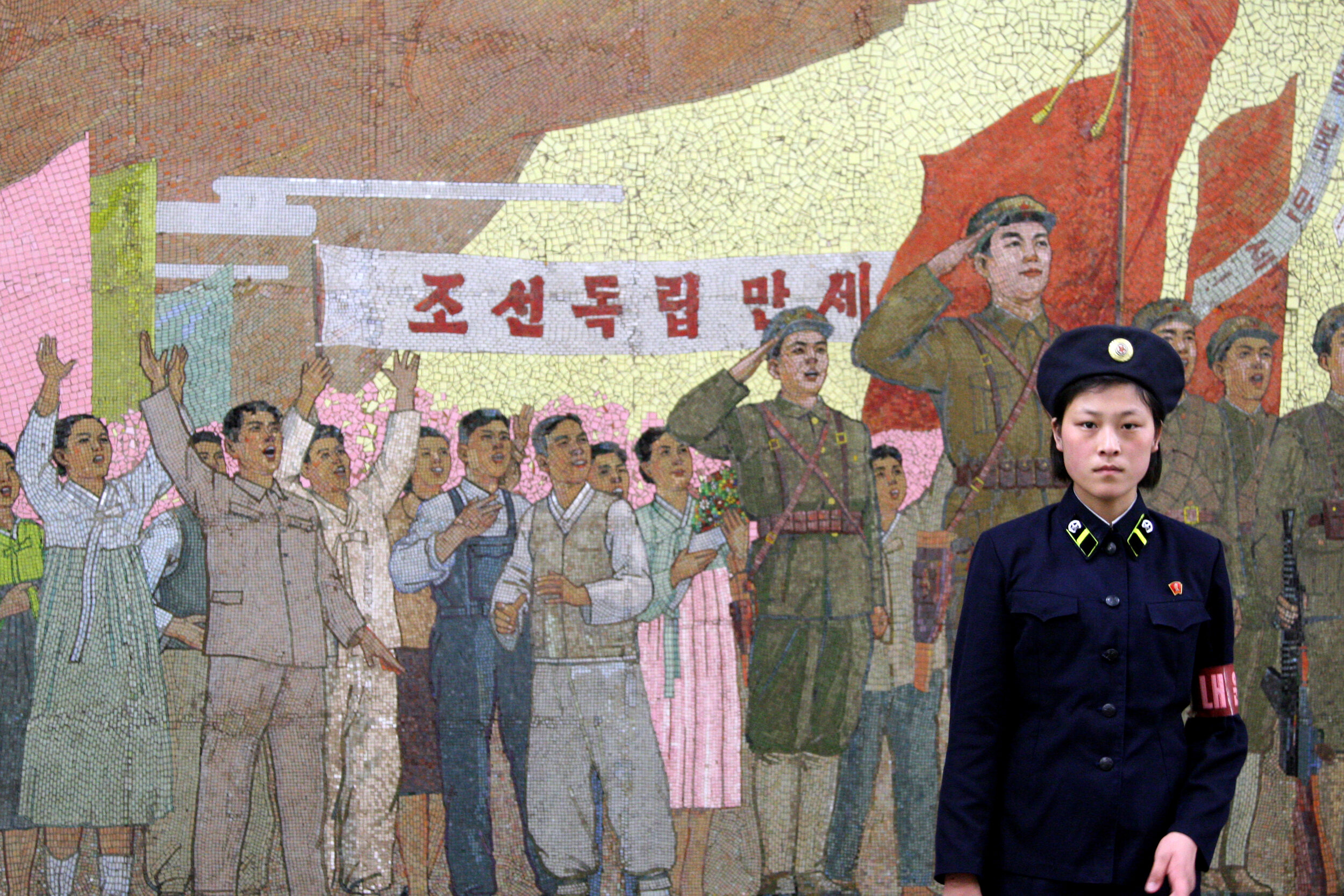premiumtix.net – The cultural and social life in North Korea is deeply intertwined with the country’s political ideology and historical context, reflecting a unique blend of traditional Korean culture and revolutionary themes. This article explores the various facets of cultural expression, societal norms, and the role of the state in shaping daily life in North Korea.
Cultural Expression and Art
Art and literature in North Korea serve as tools for political and ideological indoctrination. The state’s control over cultural production is absolute, with all artistic endeavors subject to strict censorship and approval by the Korean Workers’ Party (KWP). The Juche ideology, a form of self-reliance and independence, is central to cultural expression, emphasizing the struggle for revolution and the glorification of the Kim family.
North Korean art, including literature, music, and film, often portrays the country’s leaders as infallible and benevolent, while depicting foreign powers, particularly the United States, in a negative light. Themes of martyrdom, the current societal happiness, and the genius of the leaders are common in North Korean literature and art.
Religion and Traditions
The religious landscape of North Korea is complex, with historical influences from shamanism, Buddhism, Confucianism, and Daoism. However, the state’s control over religious practices is stringent, and traditional religious practices are discouraged in favor of state-sponsored ideology. The government promotes a form of nationalism that incorporates elements of traditional Korean culture, albeit filtered through a political lens.
Social Structure and Daily Life
North Korean society is highly structured and controlled, with the state playing a dominant role in every aspect of life. The government regulates marriage, family life, and even personal interactions, ensuring that all activities align with the state’s objectives. The concept of Juche extends into daily life, influencing personal behavior and social norms.
Education and media are heavily controlled, with the state using these channels to reinforce its ideology and control over the population. The government’s control over information is so pervasive that North Koreans are often unaware of the outside world, and any exposure to foreign media is strictly monitored and controlled.
Cultural Isolation and International Relations
North Korea’s isolationist policies have limited its exposure to foreign cultural influences, except for carefully managed interactions with other countries. The state uses cultural exchanges and performances as diplomatic tools, showcasing a carefully curated image of the country to the world. However, these interactions are tightly controlled, and any cultural exchange must adhere to the state’s ideological guidelines.
Conclusion
The cultural and social life in North Korea is a product of its unique historical trajectory and political ideology. While it retains elements of traditional Korean culture, it is fundamentally shaped by the state’s need to maintain control and promote its political agenda. The result is a society where cultural expression, social norms, and daily life are heavily regulated and controlled by the state.
